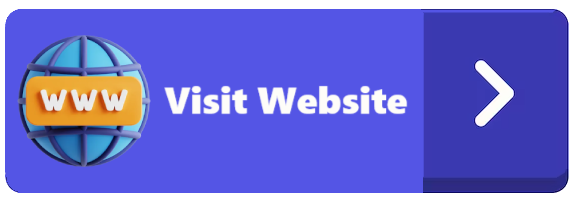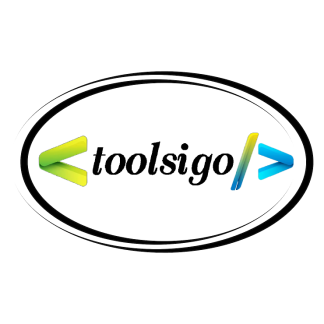
Understanding Fitbit: Features, Applications, and Accessibility within Google’s Ecosystem
Fitbit is a well-known brand of wearable technology focused on health and fitness tracking. After its acquisition by Google, Fitbit has become more integrated into Google’s ecosystem, combining hardware capabilities with Google’s software and services to provide users with an enhanced health monitoring experience. Fitbit devices primarily serve to track physical activity, sleep patterns, heart rate, and other vital health metrics, empowering users to lead healthier lifestyles through data-driven insights.
Fitbit’s core applications revolve around health and fitness monitoring. It helps users track daily steps, calories burned, distance traveled, and active minutes. These features motivate users to set fitness goals and monitor their progress over time. In addition, Fitbit devices provide continuous heart rate monitoring, which can detect variations and trends relevant to cardiovascular health. This information is valuable not only for fitness enthusiasts but also for individuals who want to keep an eye on their general well-being.
Sleep tracking is another major application of Fitbit. The devices analyze sleep duration and quality by measuring movement and heart rate variability during different sleep stages. Users receive detailed reports about their sleep cycles, which help them understand and improve their rest habits. Better sleep is strongly linked to overall health, making this feature important for anyone interested in wellness.
Fitbit also offers guided workouts, breathing exercises, and mindfulness tools through its app. These features support mental health and stress management, highlighting Fitbit’s approach to holistic health rather than just physical activity. The app provides personalized recommendations and insights based on user data, allowing users to tailor their health routines to their individual needs.
One of the key advantages of Fitbit in the Google ecosystem is its integration with Google Fit, Google’s health-tracking platform. This integration allows users to sync data between Fitbit devices and Google Fit, combining insights from multiple sources. For example, steps counted by a Fitbit can be reflected in Google Fit alongside data from other compatible devices, providing a more comprehensive picture of health metrics. Furthermore, the integration extends to Google Assistant, where users can receive health updates and reminders through voice commands.
Regarding accessibility, Fitbit offers both free and premium services. The basic functionality, including activity and sleep tracking, is available for free with the purchase of a Fitbit device and through the Fitbit app. This allows users to monitor their health and fitness metrics without additional costs. However, Fitbit Premium, a subscription service, offers advanced features such as personalized health insights, detailed sleep analysis, guided programs, and challenges to boost motivation. This premium tier requires a monthly or yearly payment and is targeted at users seeking deeper engagement and expert guidance.
When comparing Fitbit to other fitness tracking tools, especially within Google’s ecosystem, Fitbit stands out for its combination of dedicated hardware and robust software support. Google Fit itself is a free app that aggregates data from various devices but does not provide the dedicated hardware experience Fitbit offers. While Google Fit provides a centralized platform for health data, Fitbit delivers more detailed tracking, device-specific features, and a more extensive user interface.
Compared to other fitness wearables like Apple Watch or Samsung Galaxy Fit, Fitbit is often seen as more affordable and focused primarily on fitness tracking rather than a broader smartwatch experience. Apple Watch provides a wider array of smartwatch features, including calls, messages, and apps, but Fitbit excels in specialized health metrics and battery life. Samsung devices offer a blend of smartwatch and fitness tracking features but are more tightly integrated with Samsung’s ecosystem, while Fitbit benefits from Google’s growing health initiatives.
In conclusion, Fitbit is a comprehensive fitness and health tracking tool that has gained enhanced functionality through its integration with Google services. Its applications include physical activity monitoring, heart rate tracking, sleep analysis, and wellness support, making it suitable for users aiming to improve their overall health. While basic use is free, Fitbit Premium provides advanced features for those seeking in-depth insights. Fitbit’s dedicated hardware combined with Google’s software ecosystem positions it as a leading choice for users focused on health tracking. It offers a balance between affordability, usability, and detailed health metrics, distinguishing it within the landscape of fitness tools connected to Google.












